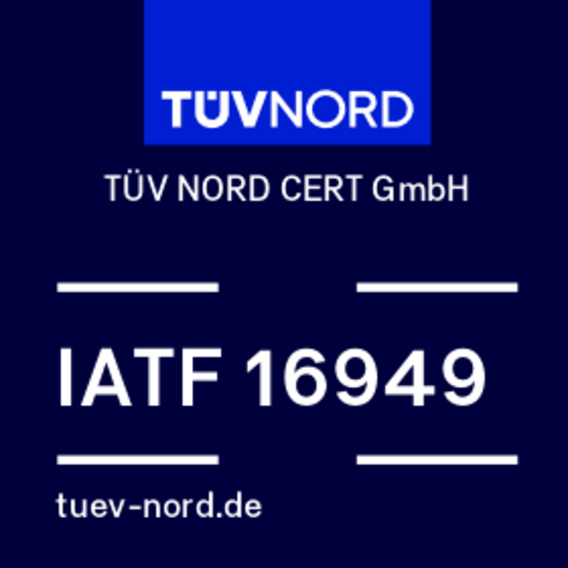
IATF 16949: Quality standard for suppliers to the automotive industry
Certification in accordance with the IATF 16949 quality standard is practically a must for suppliers to the automotive industry. The standard is recognised worldwide and is the decisive prerequisite for being able to supply automotive manufacturers. This is because most of them require IATF 16949 certification for a business relationship.
Furthermore, increasing cost pressure is forcing companies to develop and implement efficient and capable processes in all areas. Therefore, by certifying your quality management system in accordance with IATF 16949, you can ensure that you fulfil the quality requirements of the automotive industry in the supply chain and thus increase your market opportunities.
The regulations focus on the continuous improvement of the system, process and ultimately product quality of companies in the areas of development and production. In this context, the respective development and production processes are considered, with the focus on error prevention in accordance with a risk-based and process-orientated approach.